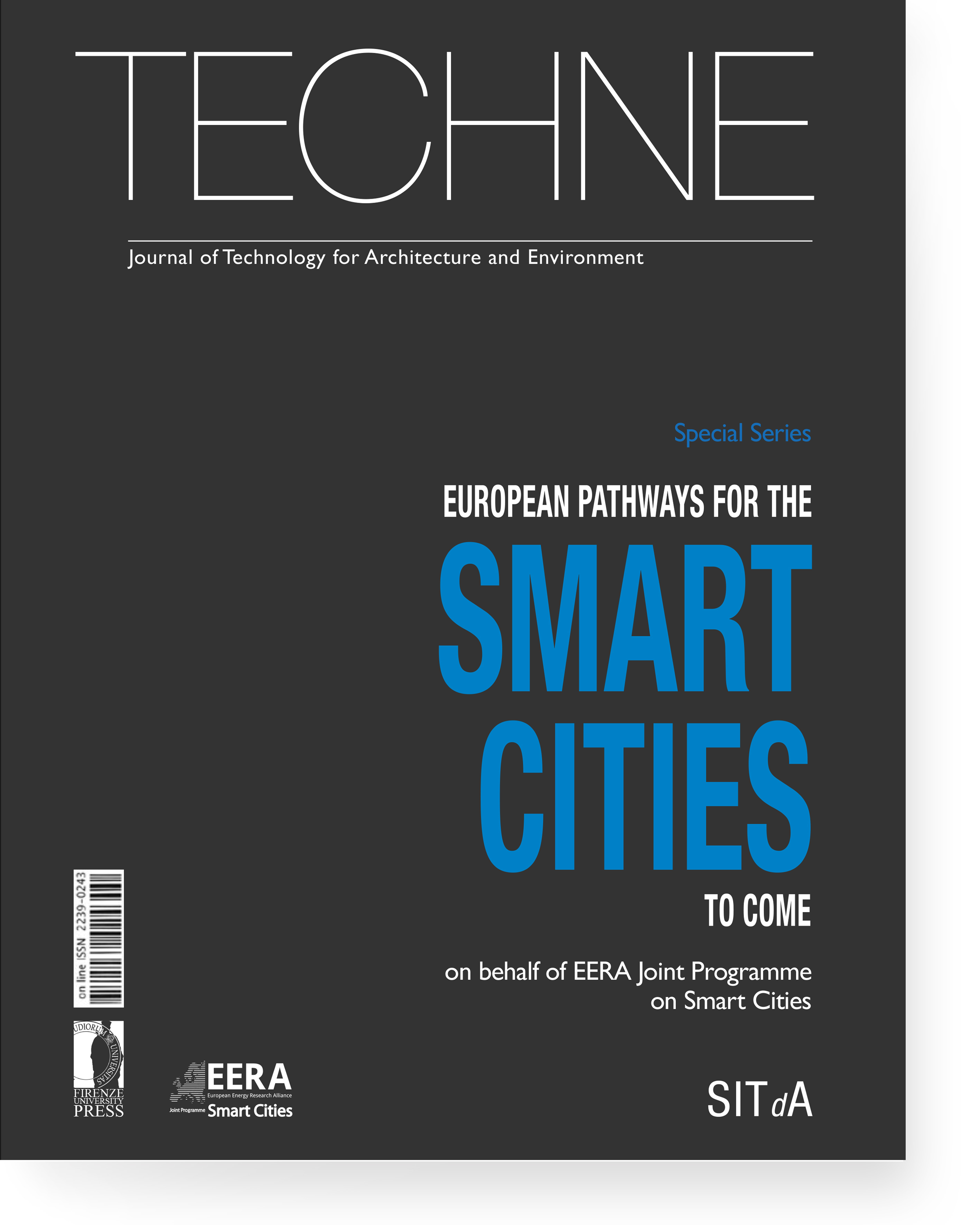Published 2018-04-09
Keywords
- Smart City,
- Interoperability
How to Cite
Abstract
The current investments for smart infrastructure development in cities result in the proliferation of self-consistent and closed applications (often called “silos”), which provide services with strong vertical integration but without ease of mutual horizontal integration. This paper investigates the state of several initiatives addressing this problem. It arrives at a proposal for diminishing and, ideally, breaking down these silos. This vision can be achieved by introducing the idea of building Smart Cities on a common set of architectural principles, Pivotal Points of Interoperability (PPI), and by applying these principles to the definition of a set of open Smart City Platform Specifications.






